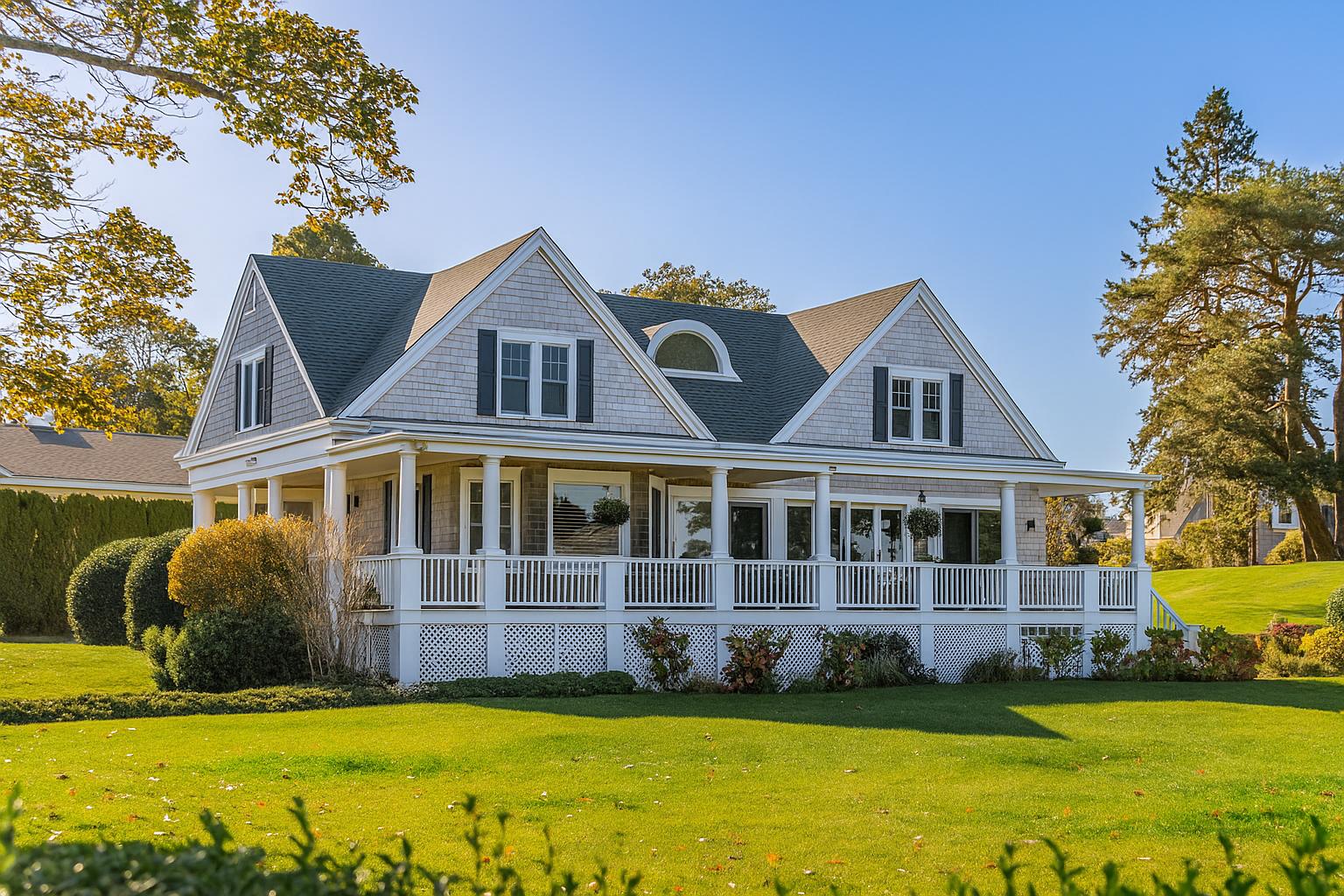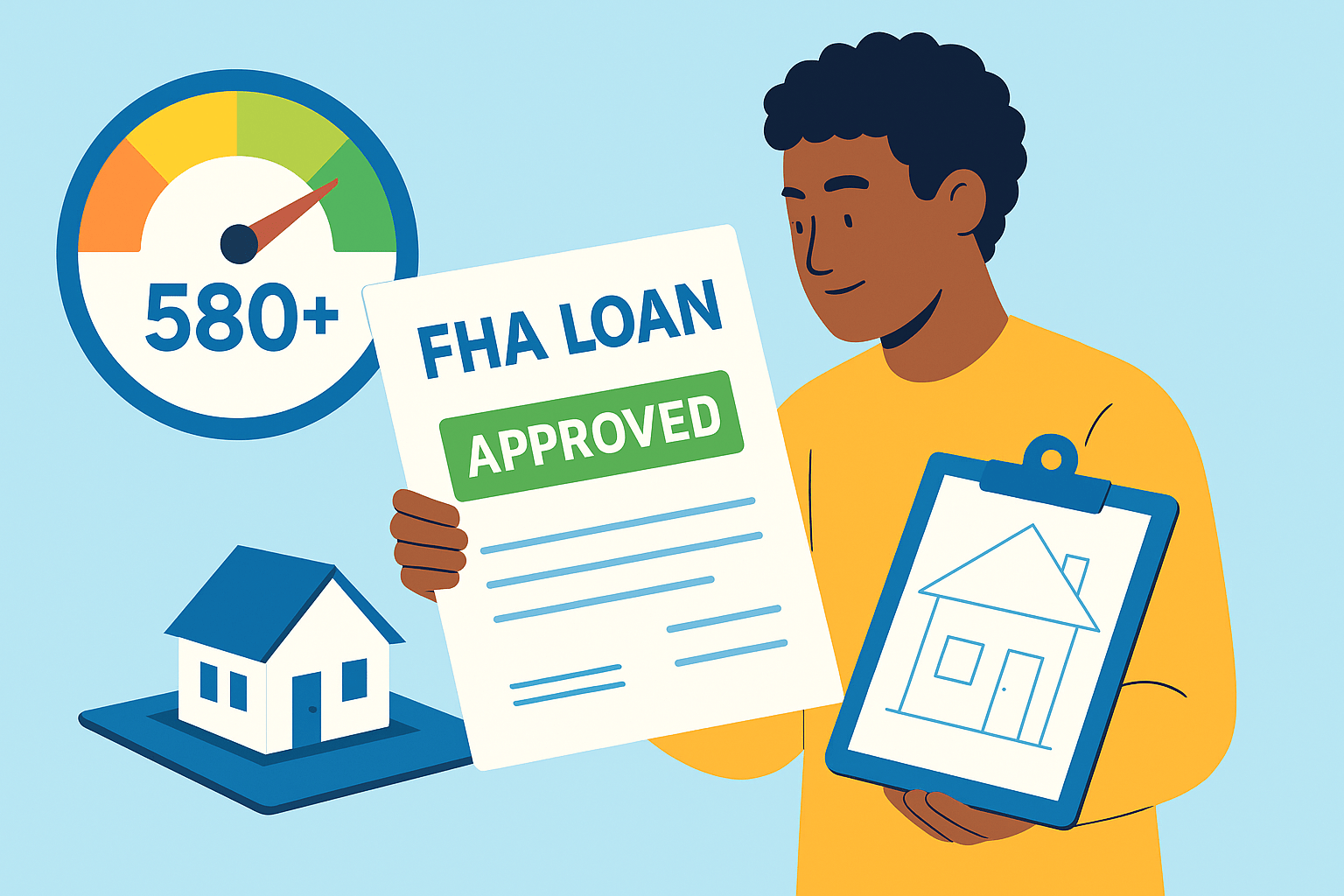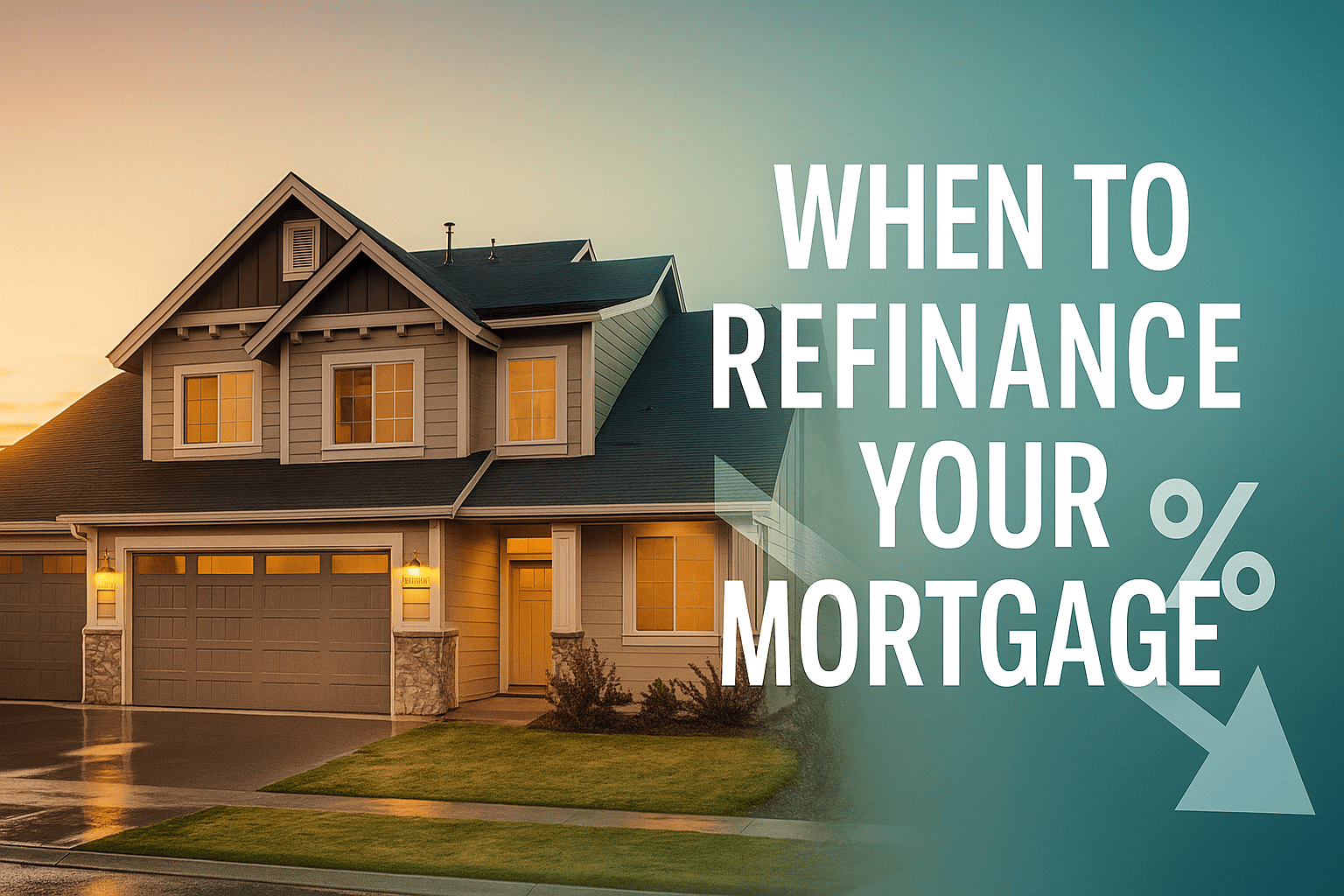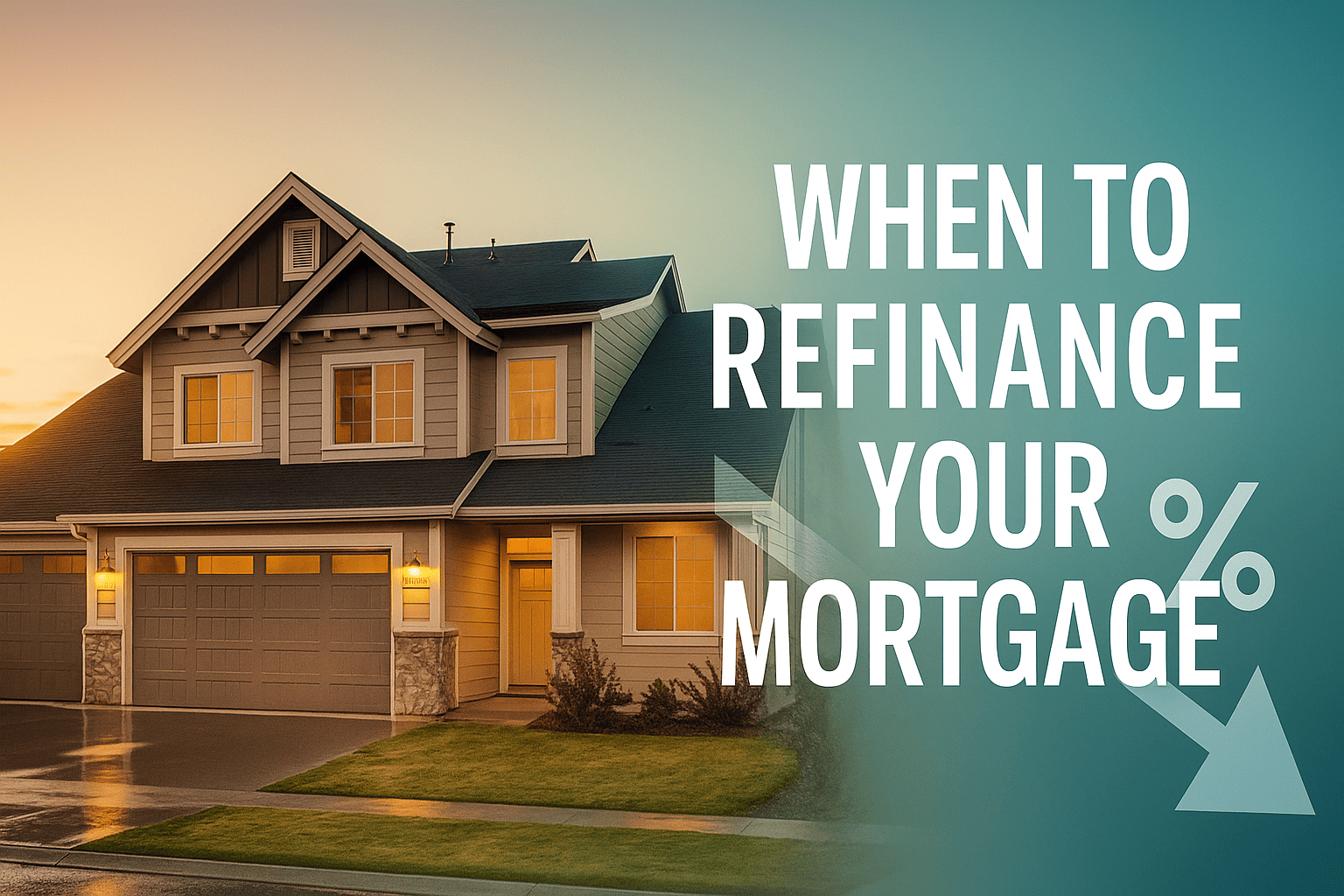Advantage Down Payment Program First-Time Homebuyer Assistance Programs
The Ultimate Guide to Maine’s Advantage Down Payment Program for First-Time Homebuyers
Dreaming of a coastal cottage in Portland or a cedar-scented homestead in Bangor, yet worried about the cash you’ll need at closing? The Advantage Down Payment Program could be the bridge between “someday” and “move-in day.” In this deep-dive, you’ll learn how the program works, who qualifies, and how to position yourself for success—without drowning in jargon.
Why Down-Payment Assistance Is a Game-Changer in Maine
Maine’s median home price topped $360,000 in early 2024, according to statewide MLS data—a 36 % jump in just four years. Meanwhile, wages have risen only about 15 % over the same period. That gap leaves many first-time buyers scrambling to cobble together 3.5 % to 20 % down plus closing costs.
- Typical 5 % down on a $360K home: $18,000
- Average closing costs in Maine: $7,000–$9,500*
- Total cash needed: roughly $25k—before you buy a single can of paint.
*Source: Aggregated estimates from two statewide title companies surveyed in February 2024.
Enter the Advantage Down Payment Program. Backed by MaineHousing (the state’s housing finance agency), this initiative provides a powerful boost for households with low to moderate income—often the last nudge needed to cross the threshold into ownership.
How Does the Advantage Down Payment Program Work?
At its core, the program offers up to $5,000 in assistance that can be used for both the down payment and allowable closing costs. Funds arrive as a zero-percent subordinate mortgage—meaning no interest accrues. Repayment is only required if you sell, refinance, or stop using the property as your primary residence within 10 years. Stay in the home beyond that and the loan is forgiven, effectively turning into free equity.
The assistance pairs exclusively with a MaineHousing First Home Loan†. Because the first mortgage already comes with competitive fixed rates and no prepayment penalty, the combo often beats commercial options by a comfortable margin. Picture it as a two-part package: the main loan provides stability; the Advantage funds supply flexibility.
† The First Home Loan can also serve veterans, active-duty members, and caregivers who meet a “first-time” exception. Check full definitions with MaineHousing.
Who Is Eligible for Maine’s Advantage Program?
Income & Purchase-Price Limits
Eligibility starts with your household income and the cost of the home you want to buy. MaineHousing adjusts limits annually by county. As a ballpark, a two-person household in Cumberland County can’t exceed roughly $118,000 in gross income, whereas buyers in Aroostook County top out nearer $94,000. Purchase price caps also vary—currently hovering around $388,000 statewide but slightly higher in high-cost coastal regions.
Credit & Homebuyer Education
- Credit score: Minimum 640 (680 if using conventional financing).
- Debt-to-income (DTI): Typically ≤ 45 % with some wiggle room for strong compensating factors.
- Homebuyer education: Completion of an approved course is mandatory. Many are low-cost or free, and you can finish online in a weekend.
- Occupancy: Must live in the property as your primary residence within 60 days of closing.
Pro tip: MaineHousing views student-loan debt payments quite flexibly. If your loans are in income-based repayment, the actual payment amount is used—not the oft-punitive 1 % balance rule demanded by many private lenders.
Step-by-Step: How to Apply and Secure Your Funds
1. Choose a MaineHousing-Participating Lender
Only approved lenders can originate loans with Advantage assistance. There are about 40 across the state, from local savings banks to national brands. Shopping for the best fit often shortens underwriting times by days.
2. Get Pre-Qualified—Document Checklist
You’ll need:
- Two years of W-2s or 1099s
- 30 days of pay stubs
- Two months of bank statements
- Government ID + Social Security evidence
Self-employed? Add two years of tax returns and a year-to-date P&L. The underwriting team then calculates your qualifying income per MaineHousing guidelines, which may differ slightly from conventional measures.
3. Complete Homebuyer Education Early
Because certificates stay valid for 24 months, doing the class upfront avoids last-minute snags. Many buyers report discovering new budgeting hacks that save several hundred dollars a month—money that can be redirected into an emergency fund.
4. Find a Home Within Program Limits
Your realtor can screen MLS listings for price‐cap compliance. Don’t assume “too small” or “too rural” either—the program covers condos, multifamily (up to two units), and even certain new builds that meet energy standards.
5. Lock the First Mortgage & Reserve Advantage Funds
Once you go under contract, your lender locks the rate and submits a reservation request to MaineHousing. Funds are allotted on a first-come, first-served basis, but the agency replenishes the pool at the start of each fiscal cycle, reducing the fear of shortages.
6. Close & Move In
The $5,000 typically appears on the Closing Disclosure as “MaineHousing Advantage DPA.” Sign the subordinate note, grab the keys, and cue the happy dance.
A Real-World Snapshot: Avery & Jonah’s Journey
Avery, a speech therapist, and Jonah, a freelance web designer, rented a 650-square-foot apartment in Biddeford for five years. Monthly rent: $1,900—plus a $75 parking fee. In late 2023 they found a $315,000 two-bed craftsman near Main Street. Their savings: just under $12,000. Through the Advantage Down Payment Program, they pocketed $5,000 for upfront costs and secured a 5.75 % fixed rate. Out-of-pocket to close dropped to $9,200—$2,800 less than they’d saved. By redirecting the surplus, they refreshed the dated kitchen cabinets within three months. Jonah calls the program “the runway we needed to take off.”
Do You Have to Repay the Advantage Assistance?
Not if you stay put long enough. The subordinate loan carries a 0 % rate and self-forgives after 10 years. Sell or refinance earlier and you’ll pay back only the original principal—interest-free. Many buyers strategize around this timeline: hold the property for a decade, build equity, then upgrade using a conventional sale or a cash-out refi while pocketing the forgiveness windfall.
Good to know: MaineHousing waives repayment if an unforeseen hardship—like active-duty deployment—forces a sale. Each case is reviewed individually, but the track record shows compassion wins more often than not.
Comparing Maine’s Advantage Program to Other Down-Payment Options
| Program | Max Assistance | Interest Rate | Forgiveness |
|---|---|---|---|
| Advantage Down Payment Program | $5,000 | 0 % | After 10 years |
| USDA Guaranteed Loan | 0 (no DPA, 100 % financing) | Market | N/A |
| FHA + Gift Funds | Unlimited gifts | Market + PMI | N/A |
| FHLB Equity Builder | $15,000 | 0 % | After 5 years |
While the Advantage offering isn’t the largest in raw dollars, its statewide reach and decade-long forgiveness window make it the most versatile. Pairing it with other initiatives—say, a local employer grant—can carve your cash to close down to nearly nothing. Always ask your lender to layer programs; many overlook that golden synergy.
Hidden Benefits: Beyond the $5,000 Check
- Mortgage Insurance Savings: Because MaineHousing shelves its loans in-house, PMI pricing can be sharply lower than retail FHA rates.
- Energy-Efficient Rebate Access: Homes purchased through MaineHousing often qualify for Efficiency Maine upgrades—think heat pumps with instant rebates.
- Refinance Option: A streamlined “advantage -to-advantage” refinance product is slated for late 2024, enabling homeowners to capture lower rates without jeopardizing forgiveness.
Stack these perks and the total economic impact can top $10,000–$12,000 over the first decade—twice the face value of the assistance itself.
Frequently Asked Questions About Maine’s Advantage Down Payment Program
What credit score do I need?
Most lenders require 640; some allow 620 if your DTI is low and you’ve saved reserves.
Can I use the program for a duplex?
Yes, 1-2 unit properties qualify as long as you live in one unit and the purchase price stays under county limits.
Is the assistance taxable?
No. Because it is a loan that may be forgiven, the IRS does not treat it as immediate income.
How long does approval take?
A well-packaged file clears MaineHousing in 7-10 business days, then standard mortgage processing applies.
Can I combine the Advantage funds with seller credits?
Absolutely. As long as total credits don’t exceed actual closing costs, you’re good to go.
Ready to Turn the Key? Let’s Map Your Path.
Securing the right home in Maine’s fast-moving market requires expert navigation. Our team partners with MaineHousing-approved lenders statewide and leverages hyper-local insights—from heat-pump rebates in Waldo County to private-road maintenance nuances in Franklin. Reach out today for a free, 20-minute strategy session and leave with a personalized Advantage Down Payment Program checklist.
Explore More Blog Posts
Checkout more similar posts those will help you to choose better property.












 Profile
Profile Password
Password Saved Properties
Saved Properties Sign Out
Sign Out
 +0.01
+0.01
 -0.15
-0.15

